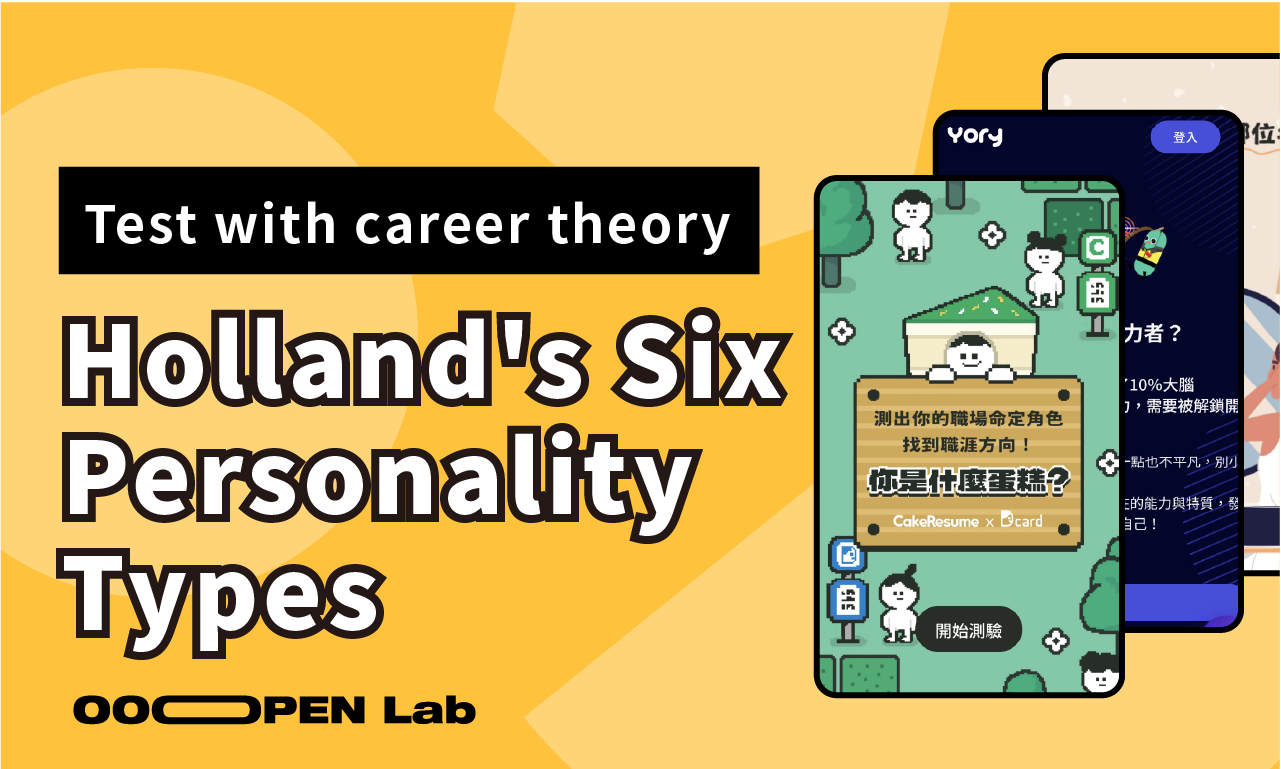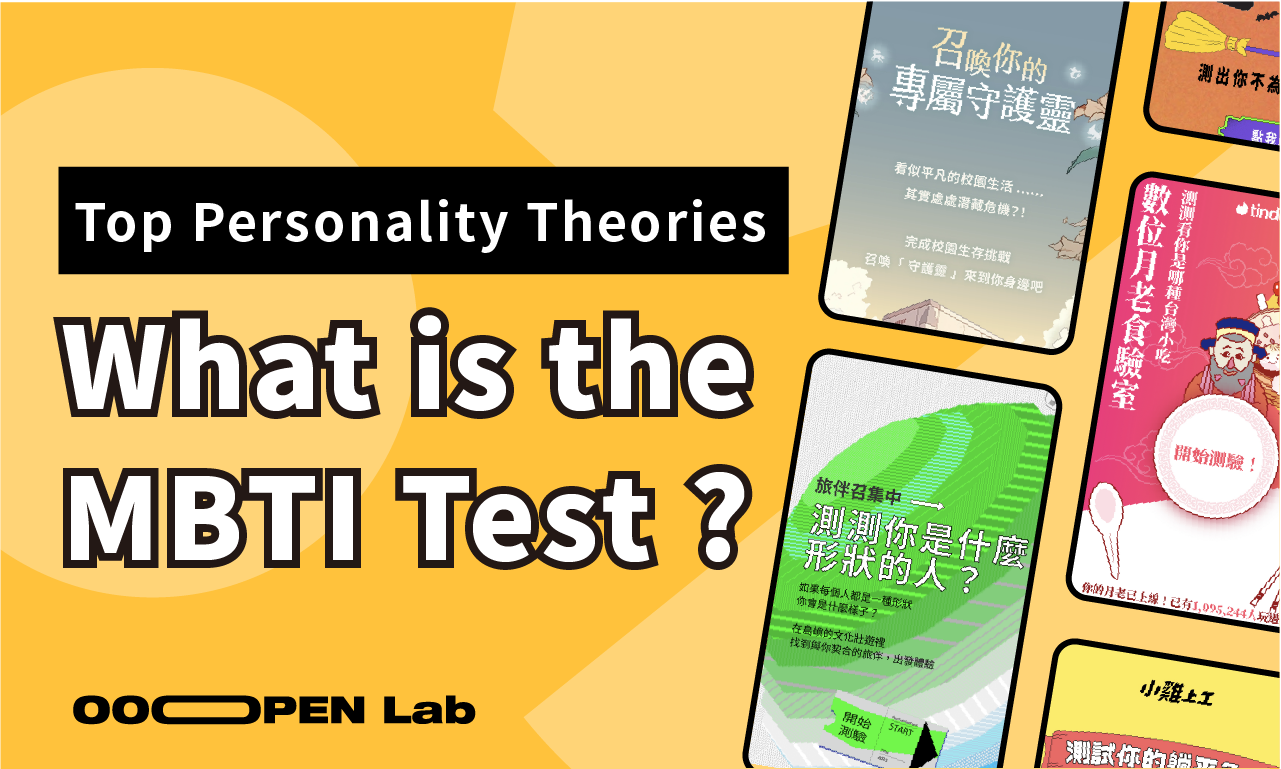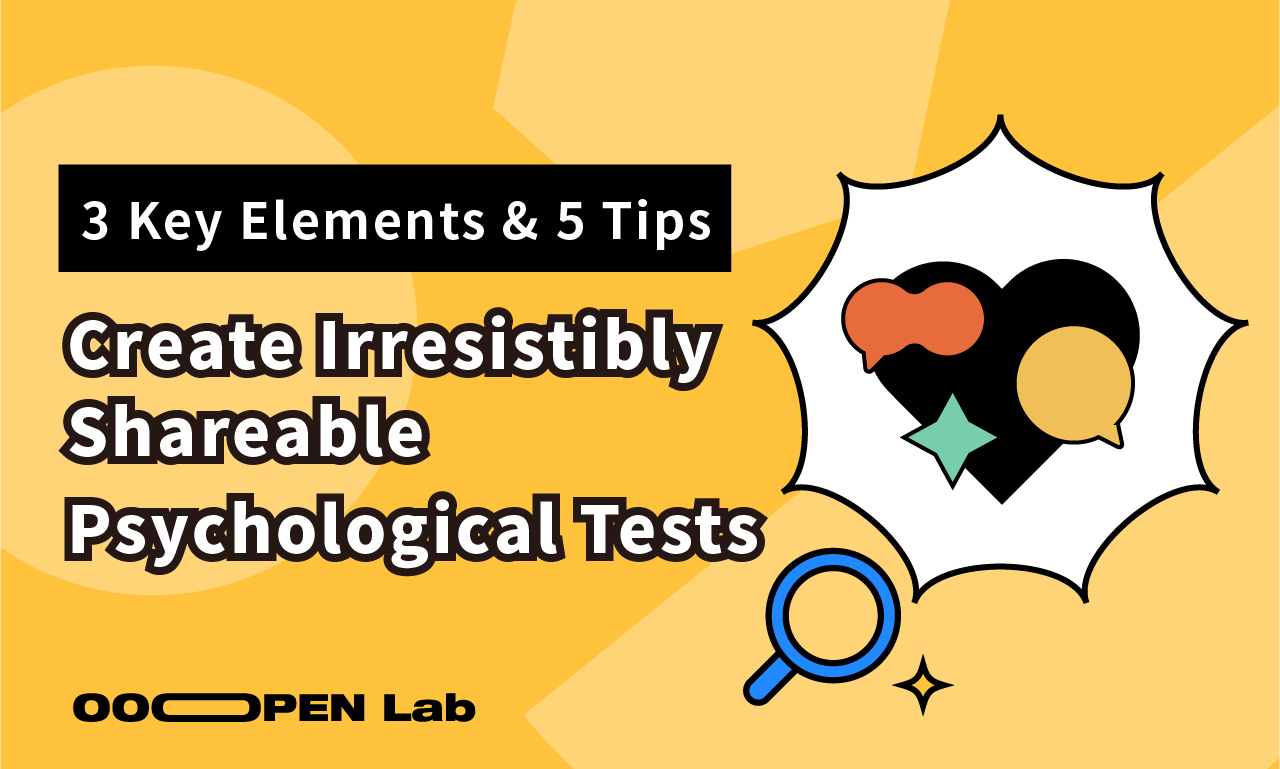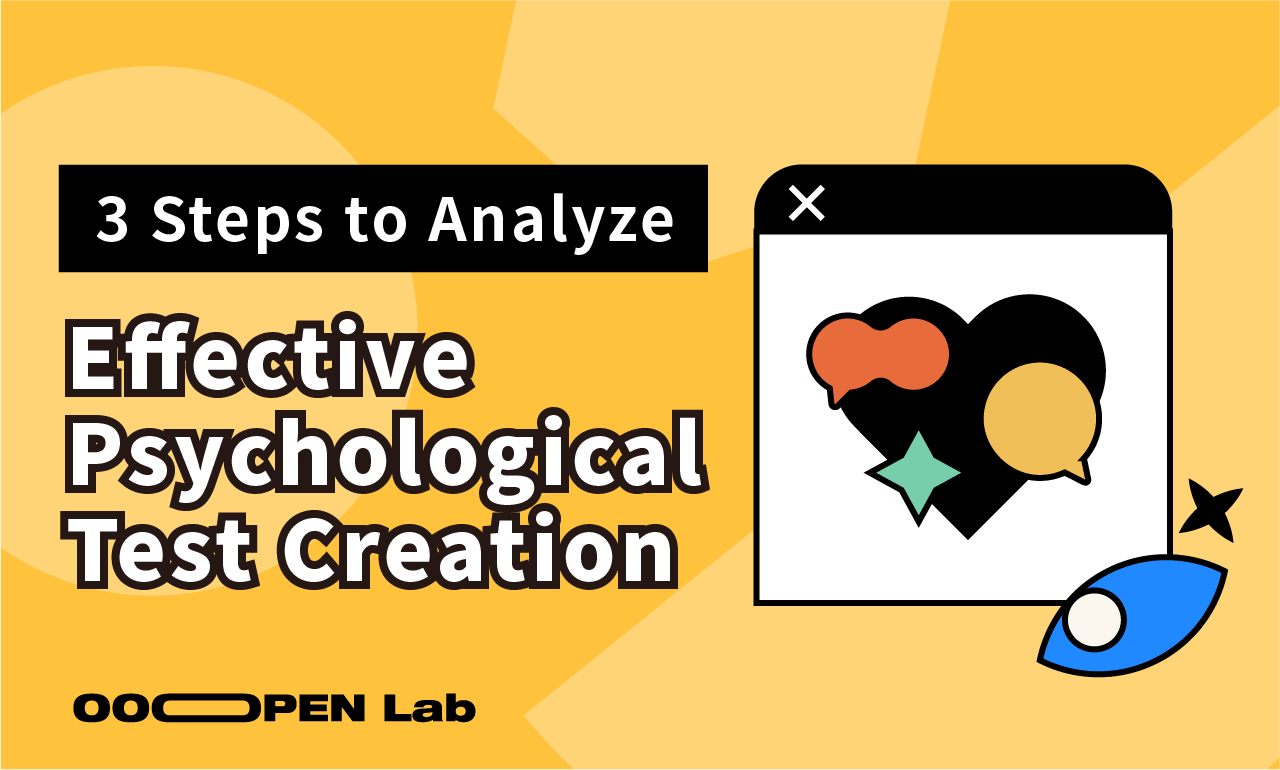What is the Holland Code Test?
The Holland Code test, based on Dr. John Holland’s theory, is a widely used career selection psychological test. It helps individuals identify their personality traits to find the most compatible career direction. According to Dr. Holland, both personality traits and work environments can be classified into six types: Realistic (R), Investigative (I), Artistic (A), Social (S), Enterprising (E), and Conventional (C), collectively known as RIASEC.
Choosing a work environment that matches one’s personality can help people adapt more quickly and perform better at work. In Taiwan, the Holland Code test is often incorporated into various high school aptitude tests and job search websites, assisting people of all ages in career planning.
The Six Holland Code Personality Types—RIASEC
The six personality types are Realistic, Investigative, Artistic, Social, Enterprising, and Conventional. After taking the Holland Code test, you can compare your scores in each of the six types. By identifying the top three highest scores, you can gain insights into your personality traits and discover suitable and interesting career paths or work environments. Below is a detailed description of each type:

Realistic (R)Personality Traits
People with a Realistic personality love hands-on activities or tasks involving physical labor, such as operating machinery, taking care of animals and plants, or repairing/building equipment. They value practicality and concreteness in their work, preferring clear processes and tangible objects over abstract matters or thoughts. They tend to avoid social interactions, and although they can collaborate with others to complete tasks, they prefer and are more adept at working independently. They are goal-oriented and highly action-driven.
Investigative (I)Personality Traits
Individuals with an Investigative personality place high importance on science and mathematics and have a strong interest in professional knowledge. They enjoy observing, analyzing, and delving into data to find answers, relying on their intelligence and thinking abilities. Solving problems through research is their most common and trusted method. They have their own pace of doing things and usually consider themselves rational and precise. Rather than taking on a leading role in the spotlight, Investigative individuals often become the behind-the-scenes contributors to a team’s success.
Artistic (A)Personality Traits
As the name suggests, individuals with an Artistic personality love and value creation, innovation, and expression. They excel in and enjoy creative activities such as music, painting, crafts, writing, and theater. Repetitive or standardized work makes them feel stifled, and they struggle with rigid rules. A flexible, unstructured environment allows them to maintain their best state. The beauty of everything and their feelings towards things are often the focal points of their lives.
Social (S)Personality Traits
Individuals with a Social personality are people-oriented and enjoy caring for others. They possess strong empathy and are good listeners, able to genuinely understand others’ situations. They are willing to help others and often consider the well-being of others as their own responsibility, sometimes being perceived as impractical. They value teamwork over competition, always playing encouraging and friendly roles within groups. They thrive on seeing others grow and enjoy being trusted and appreciated by those around them.
Enterprising (E)Personality Traits
Individuals with an Enterprising personality are often confident and eager for challenges. They excel at planning and executing strategies, with a strong drive to pursue their aspirations, such as status and wealth. They enjoy being leaders within a team and take pleasure in influencing others. Rarely satisfied with the status quo, their continuous forward momentum is essential to their lives. Within groups, they often play the role of motivators, actively encouraging and pushing everyone forward.
Conventional (C) Personality Traits
Individuals with a Conventional personality find comfort in adhering to fixed rules and standard procedures. They are meticulous and detail-oriented, giving the impression of being reliable and thorough. These traits make them well-suited for handling complex and repetitive tasks that require patience and a rigorous approach. The clearer the instructions, the better they execute them. They dislike change or taking risks, preferring a pragmatic approach that involves steady and gradual progress. Consequently, they often perform best in highly predictable work environments and tasks.
How Do Holland Code Personality Traits Correspond to Careers?
The test results yield scores for six types. Besides the highest score indicating a general career direction, the top two or three highest scores form an “interest code,” providing a more comprehensive career path for the test taker. Here are examples of suitable jobs for each of the six types:
Realistic (R) Suitable Careers

Preferring to work alone and learning through doing, Realistic types excel in roles involving interaction with objects, animals, and plants. Suitable jobs include electrician, athlete, technician, architect, and gardener. Examples of combinations with Realistic and other codes include:
- RA: A combination of Realistic and Artistic, representing roles that require both practical skills and creativity, such as tailor, landscape planner, and chef.
- RIA: Adding Investigative to the mix, suitable careers might require more in-depth research and specialization, like architecture.
Investigative (I) Suitable Careers

This type of person values technology and knowledge, capable of delving into and uncovering expertise in various fields. Suitable professions include clinical researcher, financial analyst, engineer, IT manager, and economist. Combinations with other types include:
- IS: Highly specialized and willing to help others grow, suitable for teaching positions such as professor or lecturer.
- IRS: Combining the above with the traits of caregiving and concern for others, suitable for medical professions such as doctor or medical laboratory scientist.
Artistic (A) Suitable Careers

People with an artistic personality love and value creation, innovation, and expression. They are well-suited for careers that allow them to express their feelings and pursue creativity, such as singer-songwriters, painters, writers, fashion designers, and hairstylists. Common combinations with other types include:
- AC: The artistic type, which dislikes restrictions, combined with the conventional type, which values rules, may seem incompatible. However, many careers require these seemingly conflicting traits, such as editors, web designers, and curators.
- ASI: Those who pursue beauty and creativity while also wanting to use their in depth professional knowledge to help others can pursue careers like art therapists and translators.
Social (S) Suitable Careers

Social personality types, who enjoy helping others and have empathy, can explore careers in fields such as teaching, nursing, and lifeguarding. The helping characteristic is common in many industries, for example:
- SR: Combining traits from these two diagonally opposite types can lead to careers like physical therapist, dental assistant, and midwife.
- SIA: This type requires in-depth professional research while maintaining flexibility in their work. When combined with a helping nature, it is commonly found in professions like psychological counseling and speech therapy.
Enterprising (E) Suitable Careers

Having a strong ambition is the main trait of this personality type. They desire to be influential and capable of leading others, making them well-suited for management positions, entrepreneurship, and consultancy roles. Examples of combinations with other types include:
- EI: Combining the drive to advance and expand with the need for deep professional expertise, suitable careers include lawyer and management positions in scientific fields.
- ECI: Adding the need for a stable work environment and repetitive tasks to the above traits, potential careers include legal supervisor, accounting manager, and finance roles.
Conventional (C) Suitable Careers

Preferring clear job responsibilities without the need for innovation, suitable workplaces include roles such as accountant, actuary, administrative assistant, and secretary. Steadily executing job responsibilities is valued in many industries and can be combined with the following traits:
- CS: Providing assistance to others along with fixed job responsibilities, common roles include school administrative staff and procurement personnel.
- CRS: Adding interaction with tangible items, potential careers include bartender, veterinary assistant, and library assistant.
Supporting Theories of the Holland Code Test
The Holland Code test is supported by several auxiliary theories that help us better interpret the RIASEC scores. Here are four of them, with the congruence theory being the most commonly cited and mentioned:
Fit
Dr. Holland believes that when a person’s personality traits align with their chosen professional environment, it indicates a high level of fit. This alignment leads to greater job satisfaction, stability in the profession, and better opportunities for growth and achievement.
Consistency
The RIASEC results from the Holland Code test are distributed in the shape of a hexagon. Consistency refers to the proximity of the top 2 or 3 scores on this hexagon. For example, Social (S) and Enterprising (E) are closer to each other than Social (S) and Realistic (R), indicating a higher consistency. A higher level of consistency means that career choices are usually more straightforward, with fewer conflicts between interests.
Differentiation
Differentiation refers to the extent of variation in the scores among the six RIASEC types, indicating the degree of interest in each type. If there are significantly higher interests in certain types, it is considered high differentiation. This often leads to a higher accuracy in career selection. In contrast, low differentiation can occur in two scenarios: having high interest in all types or low interest in all types. Those with low interest tend to make more cautious decisions, resulting in a higher accuracy in career selection compared to those with high interest.
Congruence
Congruence can be divided into personal and occupational congruence. Personal congruence refers to a clear understanding of one’s abilities, interests, and goals. Occupational congruence means having an accurate understanding and strong identification with the values of the workplace. Higher congruence, whether personal or occupational, typically leads to greater job satisfaction in one’s career choices.
3 Examples of Psychological Tests Based on the Holland Code Theory
Psychological test games that incorporate practical theories can not only attract participants to actively engage and share the test but also provide practical value. This has become a common reference method for creating psychological tests. Here are three psychological test games based on the Holland Code, combined with modern text and imagery.
What Type of Cake Are You?

Upon starting the quiz, participants transform into newcomers entering the “Job Seeker Newbie Village.” Guided by sci-fi-themed yet clear questions, the quiz leads participants to reflect on their job performance and workplace environment expectations.
The immersive question-and-answer experience allows participants to escape the constraints of reality and better understand their true thoughts, resulting in more accurate quiz results. The quiz structure, based on the Holland Code theory, offers more valuable insights than typical psychological quizzes.
The results provide recommended job positions and job-seeking tips according to the theory, accompanied by cute character images, making the quiz both enjoyable and practical. If you want to create a psychological quiz like this but are hesitant due to a lack of programming skills, the quiz modules available on the OOOPEN Lab platform might be your solution. The “What Type of Cake Are You?” quiz mentioned above was created using these modules!
Which Celebrity Resides in Your Soul?

In their respective fields, outstanding figures often serve as aspirational targets for job seekers.
The 104 Career Interest Test leverages this by presenting notable figures as test results, motivating those seeking career direction. Through an immersive Q&A format, the test helps participants reflect on their personal image and the interests they are willing to dedicate time to.
The final results are presented using Holland’s hexagonal model, reinforcing the credibility of the test with a solid theoretical foundation. In addition to suggesting relevant majors and professions, the results page provides further detailed information for each recommendation, offering participants the opportunity to explore and gain practical assistance.
What Type of Superpower Do You Have?

Approaching from a situational perspective, this test introduces various needs and imagined environments, offering respondents a range of options designed based on the Holland Code theory.
Through these choices, it identifies the respondent’s interest codes. The results page not only displays the interest codes but also suggests three fields that align with the respondent’s personality traits for further learning and exploration. Additionally, it recommends potential
Despite some doubts surrounding career selection tests, these assessments undeniably help people better understand themselves. Tests like the Holland Code, created with a rigorous scientific approach, offer a solid foundation of credibility and reference value.
When designing psychological test games, using frameworks like the Holland Code or similar theories (such as MBTI) can make the results feel more meaningful and valuable to respondents. These tests can also serve as a guiding tool when seeking career direction.




